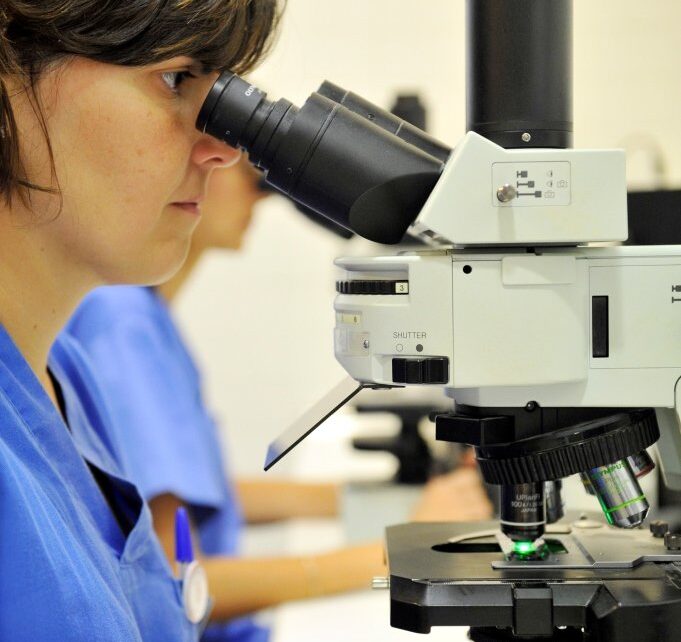IB Research: The importance of chromosomal studies in patients with chromosomal abnormalities in embryos
July, 14th 2015

Thanks to developments in Comprehensive Chromosome Screening (CCS) techniques which provide us with information on the chromosomal constitution of embryos, it is possible to determine which embryos present chromosomal abnormalities and study possible related issues.
In this piece of research work, accepted by ESHRE (European Society of Human Reproduction and Embryology) which was held in Lisbon last June, the possible relationship between chromosomal polymorphisms (until now considered normal karyotype variants since they are present in the general population with no apparent clinical relevance) and the chromosomal abnormality rate in embryos resulting from IVF treatment, has been studied. Further to analysis of chromosomal abnormalities (aneuploidy) in a large number of blastocysts, our data shows a higher aneuploidy rate in blastocysts from carriers of chromosomal polymorphisms than in blastocysts with a normal karyotype. This demonstrates a relationship between these phenomena, particularly in females. Female polymorphism carriers have a greater risk of producing aneuploidy embryos which implant incorrectly or end in miscarriage.
Therefore, according to our results, CCS on polymorphism carriers to select chromosomally normal embryos would improve IFV cycle results and, as such, increase the chances of having children.
‘Chromosomal polymorphic variants increase the embryo aneuploidy rate in IVF cycles‘. R.Morales, B.Lledo, JA.Ortiz, A.Rodriguez-Arnedo, H.Blanca, J.Ll. Aparicio, R.Bernabeu. ESHRE Annual Meeting 2015. Lisbon, Portugal. June 2015.
